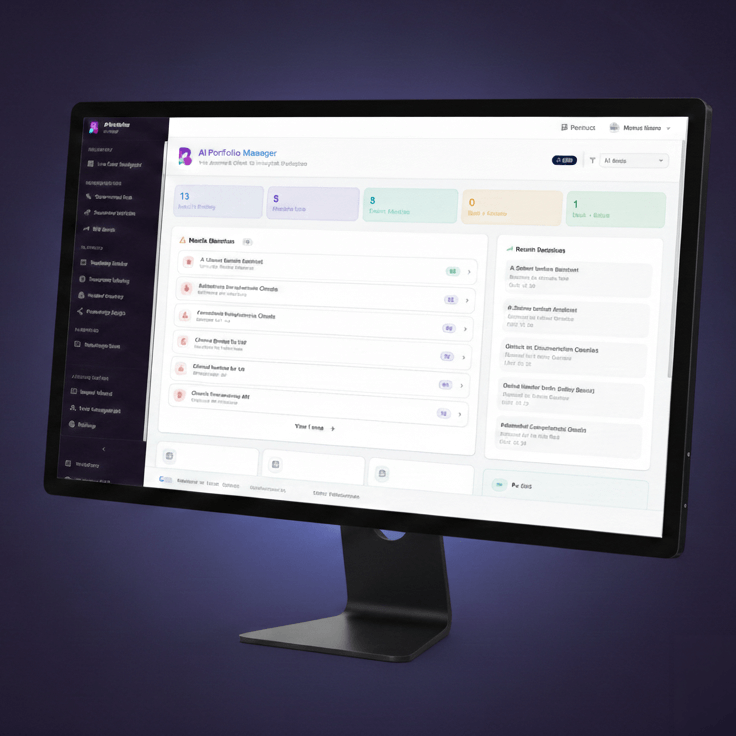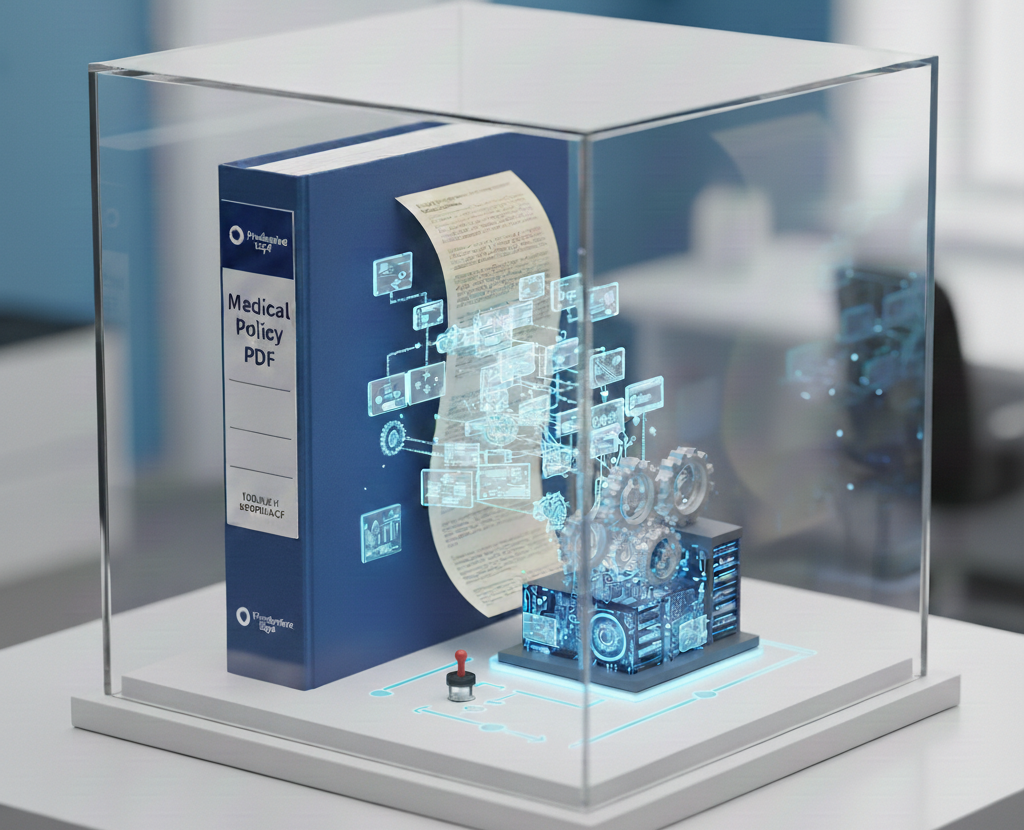Electronic Health Records (EHRs) have transformed the healthcare industry by digitizing patients' medical histories and records. EHRs enable healthcare professionals to access, store, and share medical information with greater efficiency and accuracy, resulting in improved healthcare outcomes. However, the potential for EHRs to improve healthcare outcomes is not limited to their current capabilities. The future of EHRs holds the promise of leveraging the latest advancements in healthcare technology to enhance healthcare outcomes even further.
In this blog, we will explore some of the ways EHRs could potentially improve healthcare delivery and enable value-based outcomes for years to come.
Streamlined Patient Care Coordination
Electronic health records can play a crucial role in patient care coordination by providing healthcare providers with real-time access to comprehensive and accurate medical records. With EHRs, providers can quickly access patient data, including medical histories, test results, and medication lists. This can help to improve care coordination, especially in complex cases where patients see multiple providers across different healthcare settings.
For example, if a patient sees a primary care physician, a specialist, and a hospital all in a short period of time, EHRs can ensure that each provider has access to the same medical records. This can help to prevent duplication of tests, reduce the risk of medication errors, and ensure that all providers are on the same page when it comes to the patient's care. EHRs can also facilitate communication and collaboration among healthcare providers, leading to administrative simplification that results in more efficient and effective care.
Reduced Medical Errors
Medical errors can have serious consequences for patient outcomes and can be costly for healthcare providers. Fortunately, EHRs are a valuable tool to mitigate such errors by equipping healthcare providers with accurate and up-to-date patient information including medication lists, allergy details, and comprehensive medical histories.
The implementation of EHRs enables providers to proactively identify potential drug interactions or allergies before prescribing or administering medications, significantly reducing adverse drug reactions and enhancing patient safety. In fact, EHR use leads to a 55% reduction in medication errors.
Additionally, EHRs facilitate the avoidance of duplicate tests and unnecessary procedures by granting quick access to past medical records, ensuring more efficient and error-free healthcare delivery.
For instance, EHRs can alert providers to potential drug interactions or allergies before a medication is prescribed or administered. This can help to prevent adverse drug reactions and improve patient safety. In addition, EHRs can help providers avoid ordering duplicate tests or procedures, as they can quickly access information about previous tests or procedures. By reducing medical errors, EHRs can help to improve patient outcomes, reduce healthcare costs, and promote safer healthcare delivery.
Empowered Patients
EHRs can empower patients by providing them with access to their medical records and enabling them to communicate with their healthcare providers more easily. Patients can access a secure portal where they can view their medical records, including test results, medications, and appointment schedules, as well as communicate with their healthcare providers, ask questions, and request prescription refills or appointment changes.
This can help to improve patient engagement and satisfaction, as patients feel more involved in their care and have greater control over their health information. By engaging patients more actively in their healthcare, EHRs can help to improve health outcomes, reduce costs, and promote patient-centered care. Additionally, EHRs coupled with wearable technology can help patients to track their own health data, such as blood pressure readings or blood sugar levels, and provide this information to their healthcare providers. This can help to identify potential health issues earlier, allowing for more timely interventions and better outcomes.
Personalized Care Plans
EHRs can use patient data to develop personalized care plans, identify high-risk patients, and provide predictive analytics that can improve health outcomes. EHRs can identify patterns and trends that may indicate potential health risks or issues by analyzing patient data. Providers can then use this information to develop personalized care plans that are tailored to the patient's individual needs and risk factors.
For example, EHRs can identify patients who are at high risk for developing chronic diseases, such as diabetes or heart disease, and provide targeted interventions to prevent or manage these conditions. EHRs can also provide predictive analytics, such as identifying patients who are at risk for hospital readmissions or who may benefit from early interventions to prevent complications. By providing personalized care plans and predictive analytics, EHRs can help healthcare providers to improve health outcomes, reduce healthcare costs, and provide more efficient and effective care.
Data Analysis and Research
EHRs can provide a wealth of data that can be used for research and quality improvement initiatives. By aggregating and analyzing patient data from EHRs, healthcare providers and researchers can identify trends, patterns, and areas for improvement in healthcare delivery. This can lead to the development of best practices, guidelines, and quality improvement initiatives that can improve patient outcomes and reduce healthcare costs.
For example, EHRs can be used to identify populations at high risk for certain conditions, such as diabetes or heart disease, and develop targeted interventions to prevent or manage these conditions. EHRs can also be used to track outcomes and measure the effectiveness of interventions, allowing healthcare providers to continuously improve the care they provide. By providing data for research and quality improvement initiatives, EHRs can help to drive healthcare innovation and improve healthcare outcomes.
Improved Patient Outcomes
As you can see, electronic health records have the potential to revolutionize healthcare by improving patient care coordination, reducing medical errors, empowering patients, providing personalized care plans, and providing data for research and quality improvement initiatives. While there are challenges to implementing EHRs, such as ensuring patient privacy and data security, the potential benefits are significant. As healthcare providers and policymakers work to improve the adoption and implementation of EHRs, it is important to keep in mind the potential for EHRs to improve healthcare outcomes and deliver more efficient and effective care.
Additionally, by integrating Artificial Intelligence (AI) and Machine Learning (ML) technologies, EHRs can provide healthcare providers with predictive analytics needed to develop personalized care plans and identify health risks before they become critical. By leveraging the power of artificial intelligence and machine learning, healthcare providers can transform patient care and outcomes. These technologies enable healthcare providers to make more informed decisions, optimize care delivery, and ultimately improve patient outcomes. With continued advancements in these technologies, we can expect to see even more innovative solutions and capabilities in the healthcare industry.
Discover the power of electronic health records through centralized cloud clinical data by downloading the free white paper Uncovering Hidden Data Roadblocks of Cloud and AI Adoption in Healthcare. Learn how to leverage the cloud to break down data silos and to effectively address social determinants of health (SDOH) to improve population health management and deliver value-based care.




